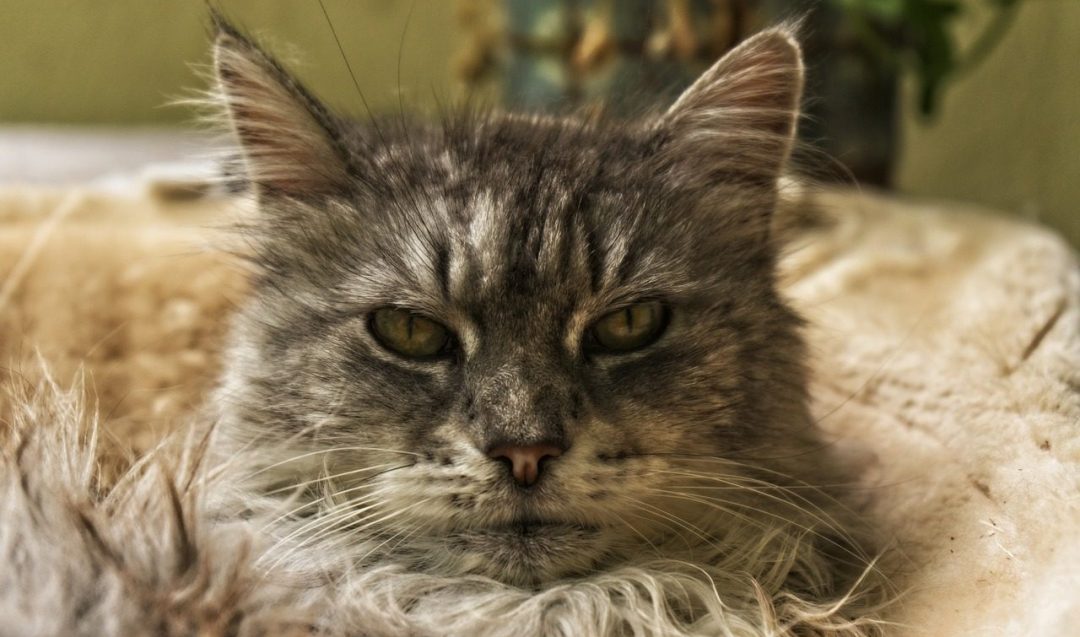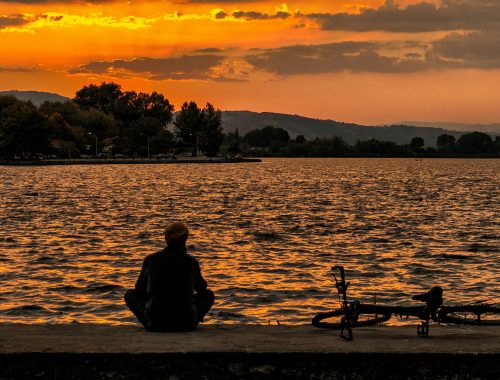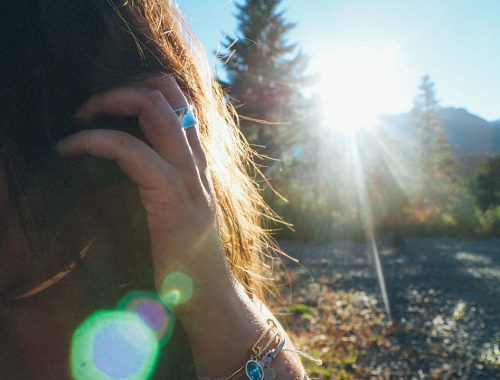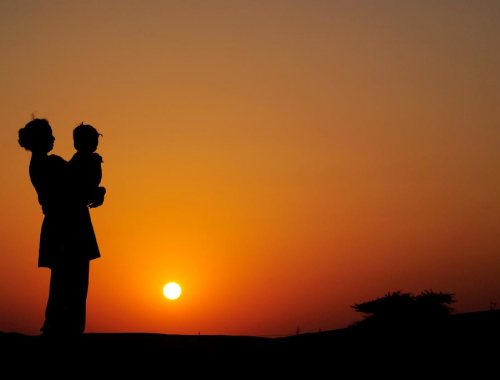‘Mum? Muuuum?! Come and see whats under my bed… but please don’t be mad!’ My wide eyed daughter takes my hand and leads me towards her room. This is my more unpredictable and free spirited child, so it could literally be anything under there. A tree branch? A snail she stood on and felt sorry for? A sculpture made out of mouldy stuff from the fridge? Who knows but i’m a little scared right now.
I look under her bed, where she’s made a den out of pillows and blankets and I can see a triangle of buttered toast… Ok not so bad, a little room picnic maybe… but then I realise that on the blanket, half covered up was sat a very beautiful but slightly grumpy looking cat.
‘I thought she looked hungry so I made her some toast.’
Deep breath.
‘Ok… but why is it in our house?!’
‘I carried it up.’
No shame of what she had done, no fear to tell me, just pure truth with this kid. Saw a cat, wanted it, took it.
After we carried this poor confused cat back out, and released her into the open with minimal damage to my husband’s arm, I had a little think (as I often like to do). My daughter’s behavior can be perplexing at times, but I like to try to work it out as there are usually reasons behind many of her more extreme actions. We have been talking about getting our new puppy a lot lately, and my fantastically inpatient daughter hated the wait. She likes to know whats coming next to prepare herself for each change or transition, and I think that this cat robbery was my little girl’s way of preparing, discovering what it would be like to have a real live animal in our house.
Although as adults we may not go to these extremes when faced with a change like a new baby, getting a new job, or anything that will change our routines, we still do react in different ways and can find them just as challenging.
These changes and life transitions can make us all a bit feel unsteady for a period of time. We might have increased anxiety, cry more easily, feel more tired, feel a bit lost and perhaps disorientated. For some people they may experience more severe reactions like panic attacks or depressive and hopeless thoughts. But all these reactions to change are usually temporary, dependent on our levels of resilience and the nature of the transition.
I normally get some level of anxiety in the build up to the kids going back to school which can knock me off track for a few weeks. Or I might feel a bit unsteady when my husband has a new role at work, if we move house, or if someone in the family gets ill. It could be any change really… and it’s taken me a long time to realise that it is these transitions (planned and unplanned) that trigger the onset of difficult emotions.
When many of us go through a transition we have one or more of three fears come to the surface:
Fear of the unknown, fear of losing control and fear that our needs will not be met.
When the children go back to school I worry about how they are in the day, if they are managing ok. I worry about preparing and organising everything for them, and feel a constant underlying sense of failure as I realise I forgot to pay for school dinners, or as I watch my oldest walk into school with messy hair. (It was done neatly, she just decided to forward roll across our front garden on our way out.)
I can’t control or know what will happen with my children, and I can’t be sure I will meet everyone’s needs, or that my needs will be met, and a change in routine can bring all these fears up to the surface.
We can often see these fears magnified in our children in how they deal with transitions, the build up to big and small changes can cause all sorts of reactions in our little ones. From stalling to put their clothes on in the morning as the transition feels scary and they want to gain some control, to major anxiety and meltdowns when the routine is suddenly changed and they fear their needs may not be met. And sometimes even bringing a cat in the house to help ease that fear of the unknown and discomfort of having to wait.
My littlest can find the unknown of a holiday unsettling and likes to have some control over the preparation, especially by helping us pack his suitcase. This is absolutely normal and fine and works well when i’m with him, guiding the process. Although its not so helpful when we get to our summer holiday at the caravan, start to unpack to realise he has emptied out all his clothes and instead filled his case with toys. I can only presume he felt he knew best and so took matters into his own hands.
Who needs clothes on a week long holiday anyway.
And obviously through the pandemic these little ones (and us) have been faced with so many changes and have had to adjust and then readjust constantly. It would be no surprise if we haven’t all been a little traumered by the inconsistency of life over these last few years. We might find ourselves experiencing these fears more acutely then we would have 3 years ago.
Resilience takes time to build and for some it comes more naturally then others. As you gain better awareness of self, through reflecting on your behaviours, your reactions to people and to change, you can start to see patterns and be more prepared for when a transition comes.
Also having a healthy acceptance that change is a part of life, can help us to cope better when faced with them. We can try to learn from them, and grow stronger in the transitional seasons, being kind to ourselves as we do this.
Its is also so important that we look after ourselves well so that our needs don’t go to the bottom of the pile, but knowing there is no shame in reaching out for support when it gets too difficult.
As we accept the things we cant control and begin to be open to what the change may bring us, we can stand more confident and hopeful in the face of change and transition.




